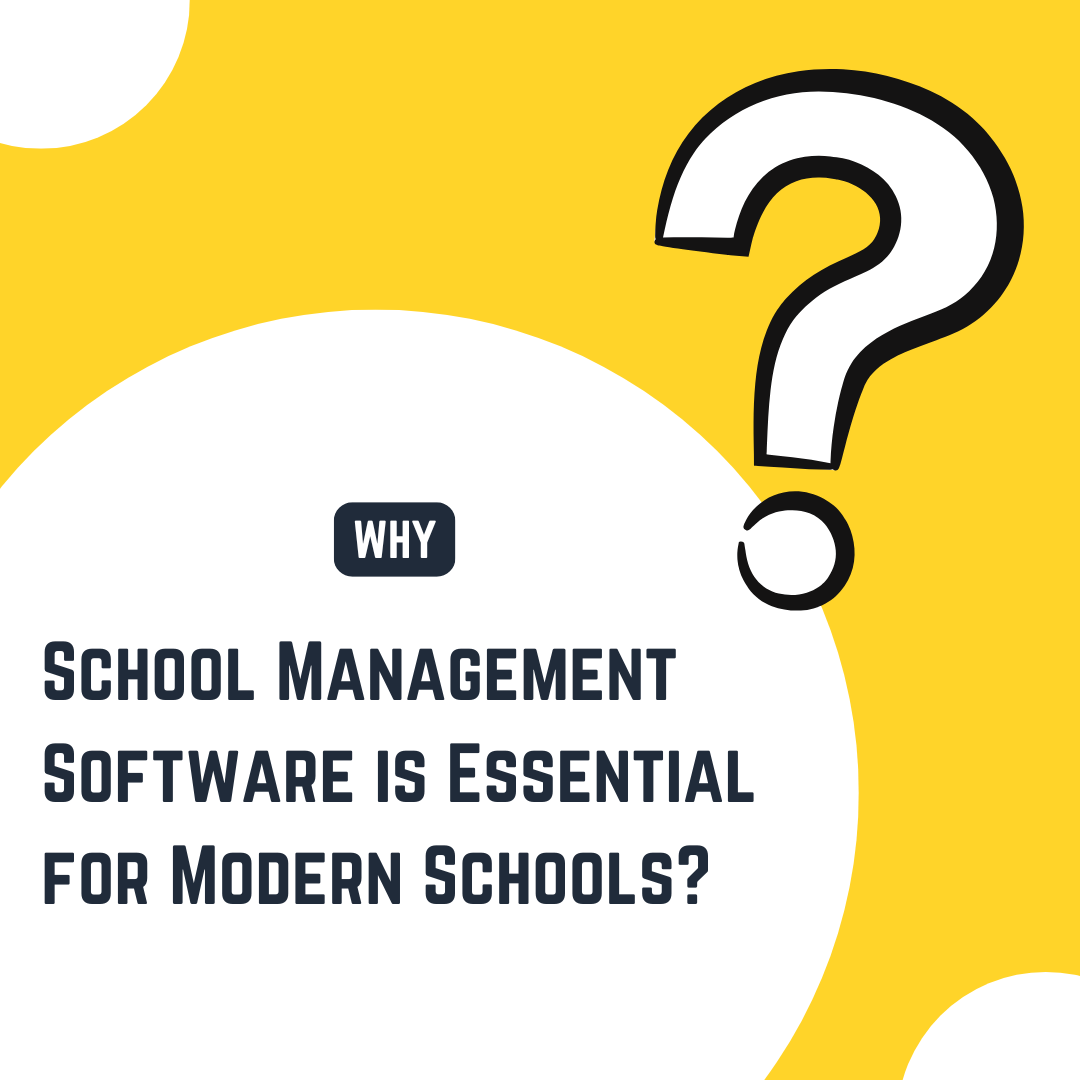In today’s digital-first educational environment, schools need tools that can keep up with the demands of modern learning and administrative efficiency. Campus Cloud is an innovative school management software that transforms how schools operate, bringing students, teachers, administrators, and parents onto one seamless platform. Here’s why implementing school management software like Campus Cloud is vital for any modern school.
1. Enhanced Efficiency and Time Savings
Campus Cloud automates many repetitive tasks, saving valuable time for administrators, teachers, and staff. From attendance tracking to report card generation, Campus Cloud handles tasks that would otherwise take hours, allowing school personnel to focus more on enhancing student education. By reducing manual labor and the risk of errors, Campus Cloud creates a smoother, more efficient workflow.
2. Streamlined Communication Across All Stakeholders
Efficient communication between teachers, parents, students, and administrators is vital to any school’s success. Campus Cloud offers messaging, email notifications, and real-time updates that make communication easy and transparent. Parents can view their child’s academic progress, attendance, and more from any device, ensuring they are well-informed and engaged with their child’s education.
3. Top-Level Data Security and Accessibility
Schools handle sensitive information, from student academic records to financial data. Campus Cloud provides robust security measures, such as password-protected accounts and data encryption, ensuring information stays secure. With cloud-based functionality, authorized users can access necessary data from any location, giving schools both security and flexibility.
4. Detailed Student Performance Tracking
Tracking and assessing student performance over time is made easy with Campus Cloud. Teachers can record grades, track attendance, and monitor each student’s progress in one centralized system. By analyzing this data, teachers and administrators can identify patterns, address learning gaps, and offer targeted support, enhancing educational outcomes.
5. Seamless Financial Management
Financial management is a crucial yet complex aspect of school administration. Campus Cloud includes tools to automate billing, fee collection, payroll, and budgeting. This automation reduces manual errors, enhances transparency, and makes it easier for administrators to monitor finances, plan budgets, and allocate resources where needed.
6. Support for Hybrid and Remote Learning
With the rise of virtual and hybrid learning, Campus Cloud provides essential tools to manage online classrooms, assignments, and assessments. By integrating with online learning platforms, Campus Cloud ensures that all students—whether learning in person or remotely—can easily access resources and assignments.
7. Optimized Resource Management
Campus Cloud helps schools manage their resources efficiently, from libraries to sports facilities and computer labs. With Campus Cloud, administrators can monitor inventory, schedule facility use, and ensure resources are available to students and staff as needed.
Conclusion
Incorporating Campus Cloud into a school’s infrastructure is a step toward greater efficiency, improved student outcomes, and enhanced operational control. By streamlining communication, optimizing resource management, supporting hybrid learning, and providing data security, Campus Cloud empowers schools to meet the demands of modern education.
With Campus Cloud, modern schools can simplify daily tasks, enhance the learning experience, and build a future-ready institution.

